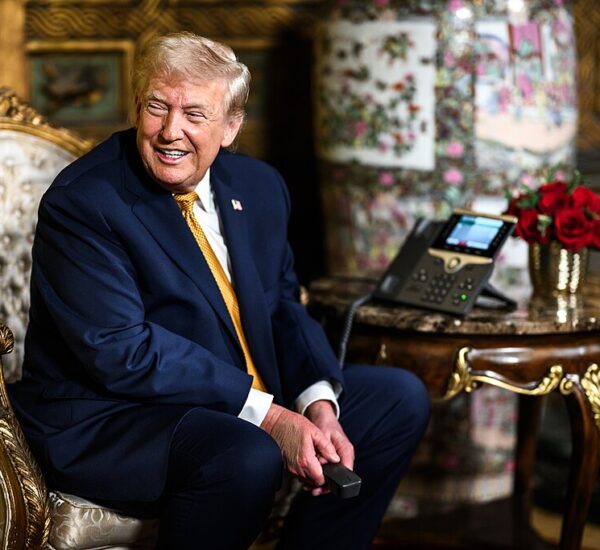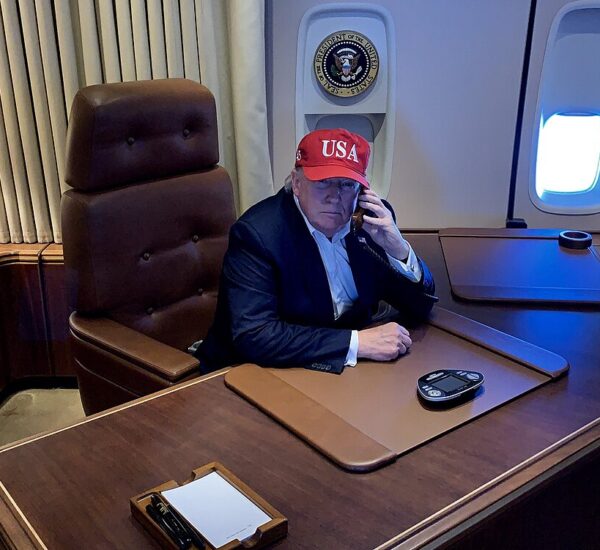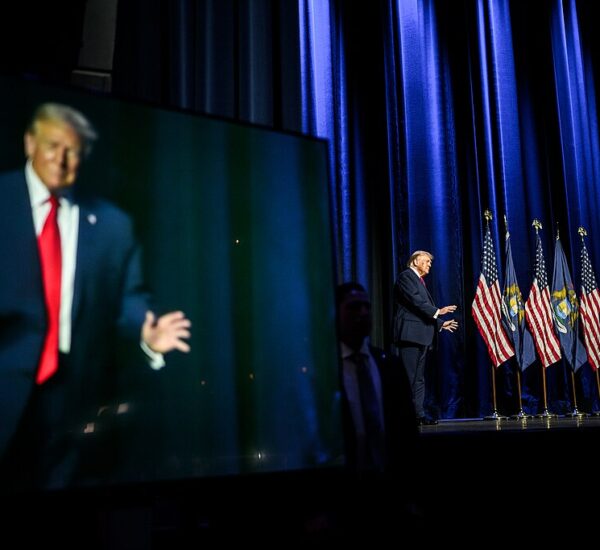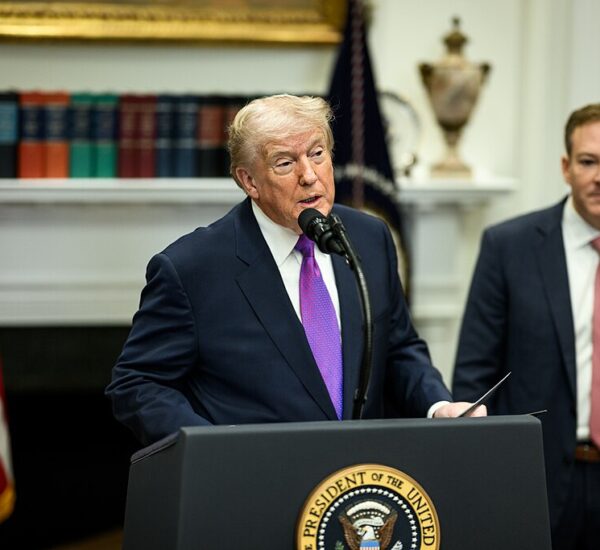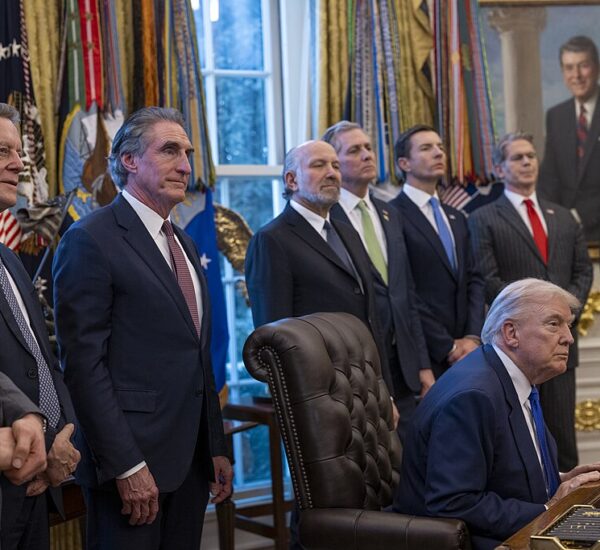Retired Generals Shocked By Trump
Retired General George Casey recently voiced his concerns over President Trump’s decision to dismiss several top Pentagon officials, calling it “extremely destabilizing” to the military. In an interview on ABC’s “This Week,” Casey emphasized the timing of the firings, pointing out the current domestic and global challenges the U.S. faces. He warned that removing high-ranking leaders without sufficient explanation creates uncertainty and confusion within the military ranks, particularly during such a critical period for national security.
On Friday, President Trump relieved Air Force Gen. CQ Brown Jr., the Chairman of the Joint Chiefs of Staff, along with five other senior defense officials and top military lawyers. This move triggered strong reactions from many Democrats and former security experts, who argued that such actions could lead to a dangerous polarization of the armed forces. The concern, they claimed, is that the decision undermines the military’s integrity, particularly at a time when the U.S. is facing significant global instability.
Senator Jack Reed (D-R.I.), a leading member of the Senate Armed Services Committee, warned in a Washington Post opinion piece that President Trump’s actions could have lasting repercussions on national security. He stated that military leaders may now fear retribution for failing to show personal or political loyalty to the president, even after years of dedicated service.
However, Defense Secretary Pete Hegseth defended the firings, explaining that the president has the right to select his national security team. Speaking on “Fox News Sunday,” Hegseth reiterated that this is a routine exercise of civilian control over the military, noting that past presidents, from FDR to Obama, have similarly made changes to their military leadership.
General Casey responded to the controversy by suggesting that such decisions should come with clear explanations to avoid unnecessary confusion. He argued that changing the direction of military policy doesn’t always require replacing key personnel, and that the focus should be on policy changes rather than personnel shifts.

